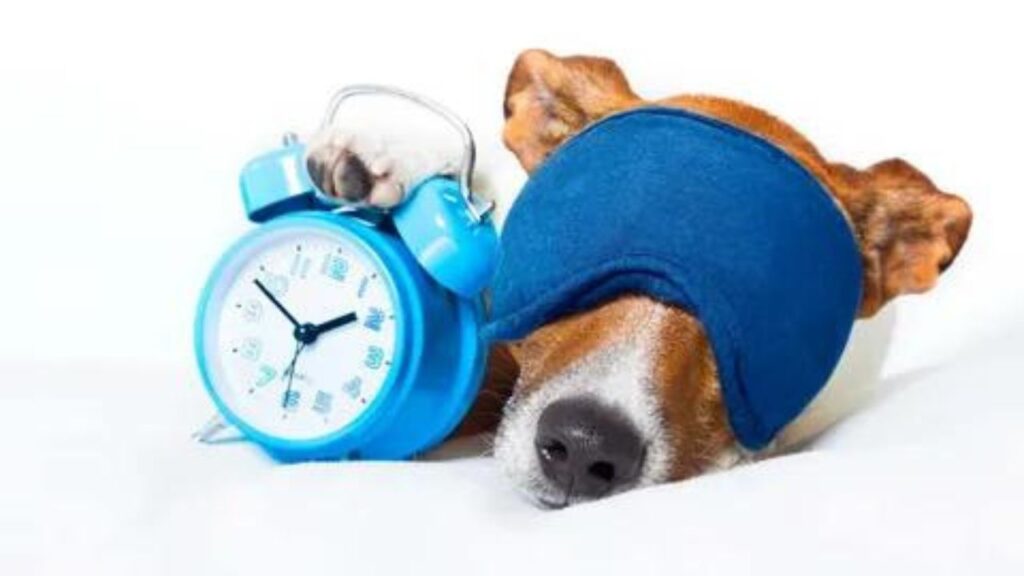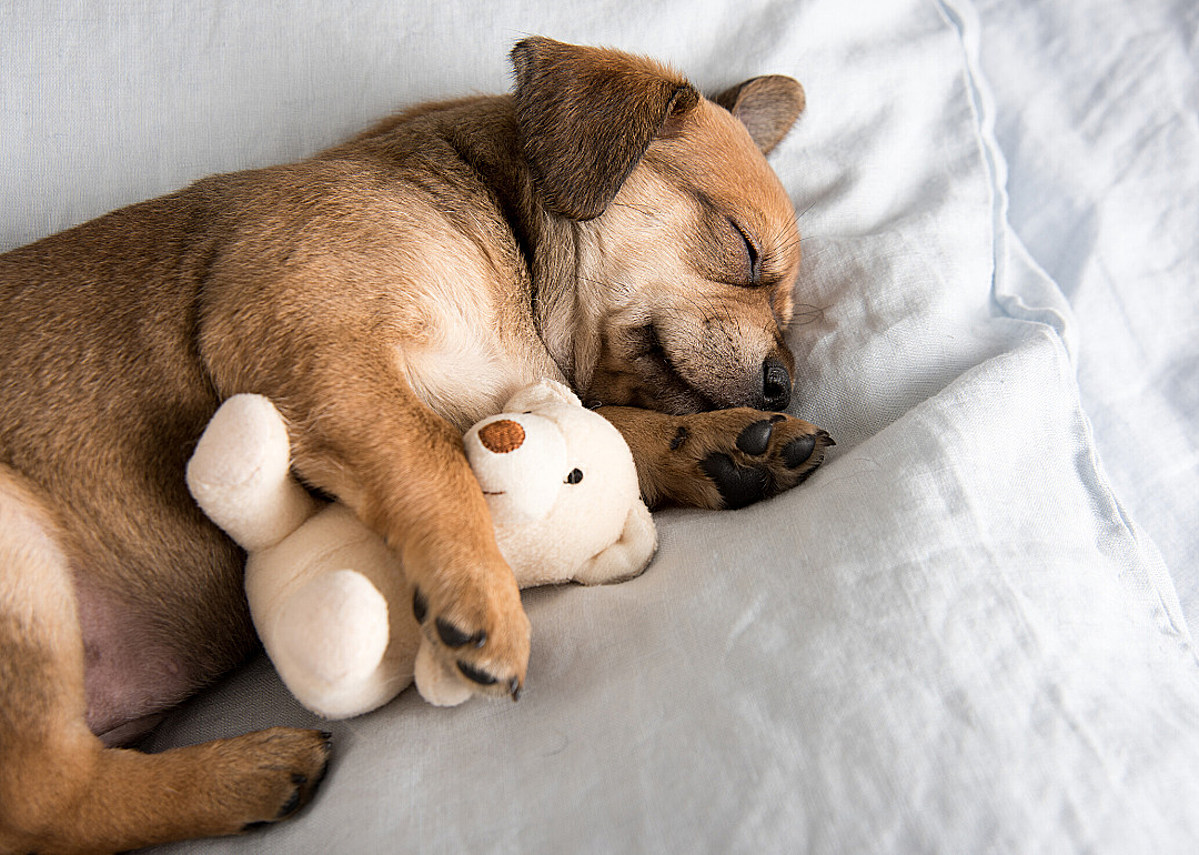
Daylight saving time (DST) affects more than just people when it comes to disrupting our daily schedules. Puppies in particular may find it difficult to acclimate to the time shift. Since regularity and consistency are essential to a puppy’s development, any disruptions may result in behavioral problems and disturbed sleep. We’ll review some advice and methods in this post to assist you in successfully adjusting your puppy’s sleep schedule for daylight saving time.
Understanding Daylight Saving Time
Learn about daylight saving time and its effects on humans and dogs before making any changes to your puppy’s sleep schedule. To prolong evening daylight, DST involves moving the clocks forward by one hour during the warmer months. This change may interfere with our dogs’ circadian cycles, which are our internal body clocks.
Effects of Daylight Saving Time on Puppies
Similar to people, puppies have internal clocks that control their sleep-wake cycles. Their schedule may be upset when DST starts or ends, which might cause confusion and perhaps interfere with their sleep.
Puppies frequently encounter the following problems during the time shift:
- Having trouble sleeping at the new bedtime.
- Rising earlier than customary.
- Anxiety or restlessness increased.
- Modifications in eating or toileting patterns.
Tips for Adjusting Your Puppy’s Sleep Patterns

Gradual Transition
Ideally, a week before the time shift, begin gently modifying your puppy’s bedtime and wake-up time. Move their timetable forward or backward by fifteen minutes each day until you reach the desired time. This gradual changeover might lessen the amount that their routine will be disrupted.
Maintain Consistency
Consistency is essential when it comes to controlling your puppy’s sleep habits. Even throughout the transition phase, make an effort to maintain a regular feeding, playing, and sleep routine. This can lessen your puppy’s tension and help it acclimate to the new environment more easily.
Provide Adequate Exercise
Puppies must exercise regularly, especially during transitional seasons like daylight saving time. To assist your puppy burn off energy and encourage healthier sleep at night, provide them with physical and mental stimulation during the day.
Create a Relaxing Bedtime Routine
Developing a peaceful nighttime ritual might help your puppy know when to relax and get ready for sleep. Your dog can become calmer before sleep by engaging in gentle playfulness, a quick stroll, or cuddling. Before bed, stay away from bright lights and stimulating activities since these might disrupt your sleep.
Optimize the Sleep Environment
Make sure your puppy’s sleeping space is cozy and supportive of sound sleep. Place a comfortable bed away from distractions and loud noises in a peaceful, darkly lit corner of your house. To block out distracting noises, try playing soothing music or white noise.
Monitor and Adjust
Monitor your puppy’s behavior and modify your strategy as necessary. To assist your puppy in feeling more at ease and safe, review your routine and make any required adjustments if you observe any indications of nervousness or sleep disruptions.
Be Patient and Understanding
Puppies may find it difficult to adjust to daylight saving time, so it’s important to be kind and patient with them during this time. If you shower them with affection, confidence, and positive reinforcement, your puppy will feel safe and comfortable while they adjust to the new routine.
Conclusion
Daylight saving time may cause havoc with our daily schedule, especially our puppy’s sleep schedule. By using these suggestions and techniques, you may lessen the negative effects on your puppy’s general well-being and help them adjust to the time change more easily. Remember to be tolerant, patient, and consistent to help your puppy adjust to the new schedule. Don’t be afraid to see a veterinarian if you have any worries about your puppy’s behavior or sleeping patterns. You and your dog may easily adjust to daylight saving time with patience and care.
FAQ
Why is daylight saving time difficult for puppies to adjust to?
Puppies’ internal clocks are thrown off by daylight saving time, making it difficult for them to know when to sleep and get up. Since puppies are creatures of habit, any alterations to their routine may result in anxiety and restlessness.
How long does it typically take for a puppy to adjust to the time change?
Depending on the dog in question and how gently the change is implemented, a puppy’s recovery period from standard time to DST may differ. Generally speaking, it might take a puppy anywhere from a few days to a week to become used to the new routine.
Should I change my puppy’s feeding schedule along with their sleep schedule?
It’s usually a good idea to modify your puppy’s eating and sleeping schedules to keep consistency. To provide a more seamless transition for your puppy to the new schedule, try to move food times with nighttime and wake-up hours progressively.
Can I use medication or supplements to help my puppy adjust to the time change?
Generally speaking, using medicine or supplements to assist pups in acclimating to daylight saving time is not advised since they may have unintended consequences and fail to address the root cause of sleep difficulties. Instead, concentrate on introducing little adjustments to their schedule and establishing a peaceful sleeping environment to support their innate sleep cycles.








